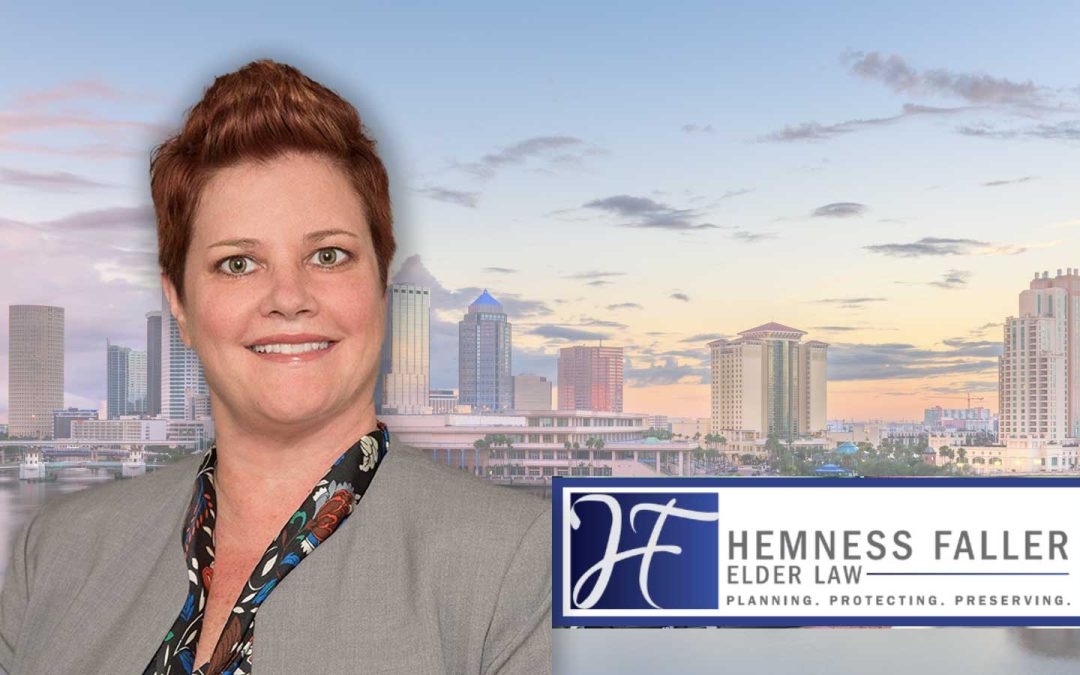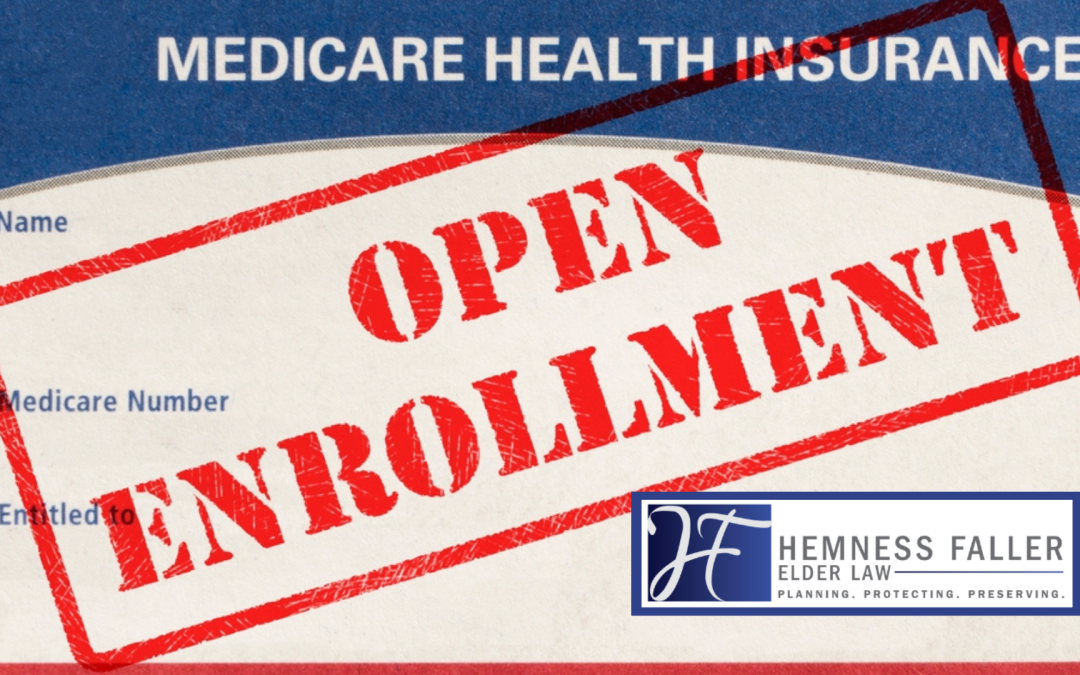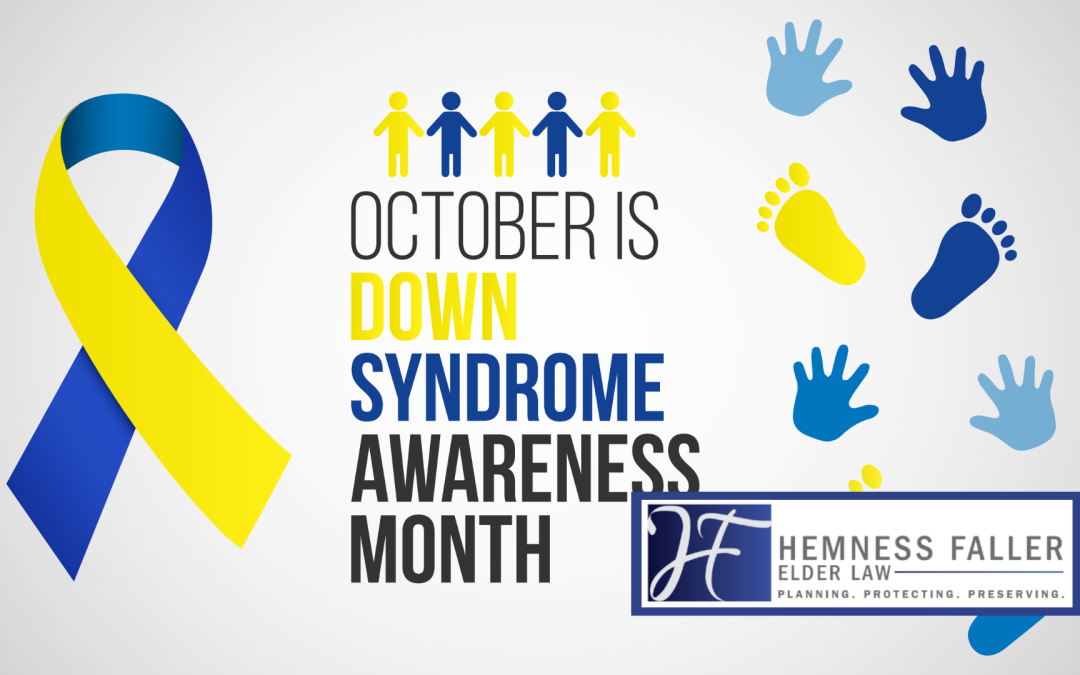As the parent of a developmentally disabled child, did you know that it is important for you to know your legal rights? During the month of March, Developmental Disabilities Awareness Month is celebrated to seek awareness about the inclusion of people with developmental disabilities in all facets of community life, as well as awareness of the barriers that people with disabilities still sometimes face in connecting to the communities in which they live.
What exactly is a developmental disability? It is a disorder or syndrome that is attributable to intellectual disability, cerebral palsy, autism, spina bifida, or Prader-Willi syndrome; that manifests before the age of 18; and that constitutes a substantial handicap that can reasonably be expected to continue indefinitely. A circuit court may appoint a guardian advocate, without an adjudication of incapacity, for a person with developmental disabilities, if the person lacks the decision making ability to do some, but not all, of the decision making tasks necessary to care for his or her person or property or if the person has voluntarily petitioned for the appointment of a guardian advocate.
A parent has the legal right to make all medical and financial decisions for his or her minor child with a developmental disability. These decisions may also be delegated by the parent to a caregiver who is hired by the parent. Nevertheless, the parent has the final say and closely supervises the caregiver.
However, be aware that once a developmentally disabled child reaches age 18 a parent no longer has the legal right to delegate these duties to the child’s caregiver. This is why it is important for the parent of a developmentally disabled child who has recently attained age 18 to request the circuit court to appoint the parent as the guardian advocate for the child. The court appointed parent can then legally delegate to the caregiver those rights that can be overseen and legally supervised by the parent.
In addition, if the person with a developmental disability has executed an advance directive or durable power of attorney, the circuit judge must consider and find whether the documents will sufficiently address the needs of the person with the developmental disability for whom the guardian advocate is sought. A guardian advocate may not be appointed if the court finds that the advance directive or durable power of attorney provides an alternative to the appointment of a guardian advocate which will sufficiently address the needs of the person with a developmental disability.
If an advance directive exists, the court shall specify in its order and letters of guardian advocacy what authority, if any, the guardian advocate shall exercise over the person’s health care surrogate. The court, upon its own motion, may, with notice to the health care surrogate modify or revoke the authority of the health care surrogate to make health care decisions for the person with a developmental disability. If any durable power of attorney exists, the circuit judge shall specify in its order and letters of guardian advocacy what powers of the agent, if any, are suspended and granted to the guardian advocate.
As a parent of a child with developmental disabilities, you know it is not an easy road. There is no question that your child has faced more challenges than most and, as his or her life has continued, you have found these challenges become more complicated as your child becomes an adult. From navigating public benefits to ensuring your child has the health care needed on a daily basis to understanding the best way to communicate with your child, you know that this can be a full time job at times.
While you may feel too overwhelmed at times to plan forward, when you have a loved one with developmental disabilities you should not wait to complete your Florida estate planning with a qualified Florida estate planning attorney. By taking proactive steps now, you can help ensure your disabled adult child has a secure future, even if there comes a time when you are no longer here.
Knowing this reality, we encourage our clients to work with a Florida estate planning attorney with a distinct expertise in this area. She can be specifically helpful for guidance and decision-making. Your attorney will first talk to you about least restrictive alternatives. These are processes that do not require the involvement of the Florida court system and, as a result, can be less costly, time consuming, and less public. Your Florida estate planning attorney can talk to you about the lifetime planning documents, such as a durable power of attorney and health care directive. She can also work with you to develop a special needs trust.
What is a special needs trust? It is a trust that can be set up for people with disabilities to ensure that money will be available for them throughout their lifetime. It can be used for a special needs beneficiary, while not interrupting his or her ability to receive public benefits, such as Medicaid or Supplemental Security Income. There are two main types of special needs trusts. A Third-Party Special Needs Trust holds property provided by someone other than the disabled person. For example, a parent can place money into the trust and then determine who the money is given to when the disabled adult child passes away. The second type is called a Self-Settled Special Needs Trust and is designed to hold property belonging to the disabled person. In this type of Florida estate plan, there is almost always a payback provision for the public funds received by the disabled person in life.
We know this article may raise more questions than it answers. The experienced team of attorneys here at Hemness Faller, The Law Office formerly known as Emma Hemness, P.A., are here for you and your family and we want to be YOUR estate planning and elder law attorneys. After all, we are ordinary people, providing extraordinary guidance backed by years of experience and advocacy for the vulnerable citizens in our community. We encourage you to contact us and schedule a meeting with us.






